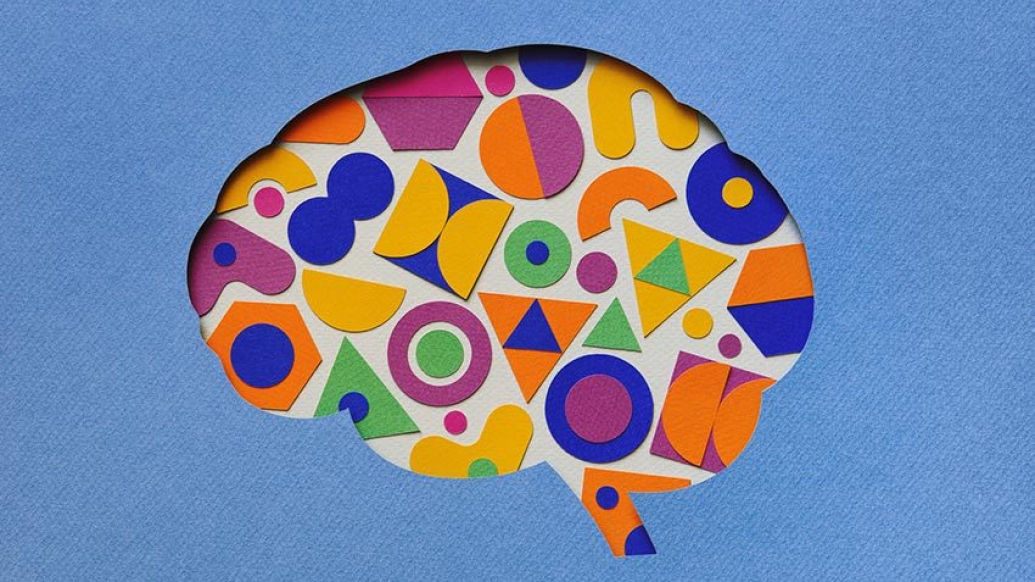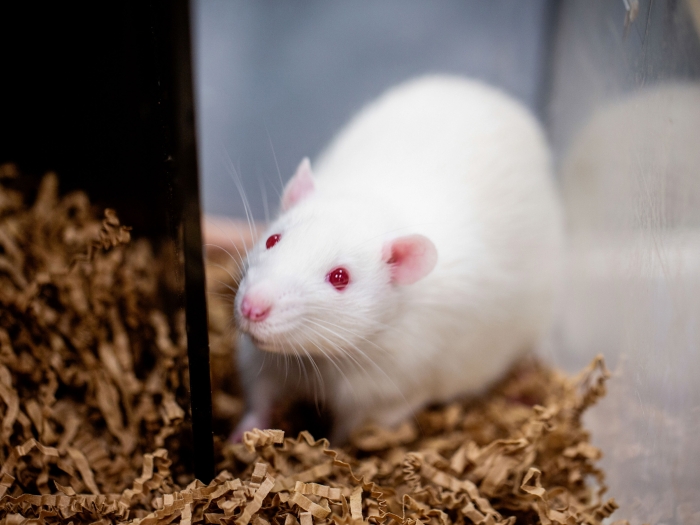The brain’s a complicated place. But medications, talk therapy, lifestyle changes and advanced treatments do work, as research continues into why.
2:00 PM
Author |

Right now, more than 1 in 10 Americans take medicines for depression – a number that has risen during the pandemic.
But how do those drugs work – and why don't they work for everyone? And why do people get depression, anyway?
Experts still don't know all the answers to these questions. After all, the brain is a complicated place. But they do know that depression has its roots in everything from the genes we're born with, to the experiences we had in our early years, to what's happening in our lives right now.
At the same time, they do know that a lot of people with depression get help from antidepressant drugs – and from talk-based therapy, better sleep, exercise, more social interaction and, in severe cases, treatments like ketamine and ECT.
The critical thing is for people with depression symptoms to reach out for help and keep trying until they find something that works for them.
That's why the director of the nation's first Depression Center, Srijan Sen, M.D., Ph.D., is concerned about the impact of a study about the role of serotonin in depression that's getting a lot of attention.
He worries that over-simplified news stories and social media posts might make some people question whether they should keep taking depression medications that target the brain's serotonin system.
Such medicines, called SSRIs, are far from perfect, he says. But there's plenty of evidence they work for many people.
Key takeaways for people with depression
Sen directs the Eisenberg Family Depression Center that has brought together University of Michigan researchers for more than 20 years. His own research has explored the roots of depression for more than two decades. He's both a depression scientist and a psychiatrist who has treated many people for depression.
"Do we need to understand exactly how a drug or a non-drug treatment works in order to use it? No – if that were true we would have no treatments for depression, whether it's drugs, like SSRIs, psychotherapies like cognitive therapy, or lifestyle changes like more consistent sleep patterns," he said. "The biology of the brain, and how the brain is different when we are in an episode of depression, is incredibly complex and our current understanding is limited."
There's no doubt that basic science, including research on serotonin and genetic variation between individuals with depression, is crucial to our search for future, better treatments, and more personalized treatment. The depression center's members – who come from many areas of U-M – are helping lead that search.
Like Podcasts? Add the Michigan Medicine News Break on Spotify, Apple Podcasts or anywhere you listen to podcasts.
But, Sen said, "For people dealing with depression right now, the information we get from clinical trials should guide care. And clinical trials indicate that SSRIs are moderately effective and play an important role in depression treatment, along with other medications and psychotherapy."
SEE ALSO: Irregular Sleep Connected to Bad Moods and Depression, Study Shows
In other words, "If a treatment or combination of treatments prescribed or recommended by your health care provider is working for you, that's great – stay with it. Your personal experience with the treatment is much more relevant than this study. And if you're using a depression medication or other therapy and not getting relief you're your depression symptoms, talk with your health care provider."
The state of serotonin science
Sen notes that mental health experts certainly don't believe that a simple 'chemical imbalance' is the root cause of depression.
Serotonin is one of the primary brain chemicals, called neurotransmitters, that helps brain cells "talk" to one another by connecting to receptors on cells' outer surfaces.
The new study that's getting lots of attention looks at a lot of older studies about serotonin, and tries to draw conclusions by combining the information from them.
The study did not conduct new experiments or even combine previous studies in a meta-analysis. But instead, the researchers conducted an "umbrella review" of some, but not all, meta-analyses related to serotonin.
By coincidence, another such "study of studies" on serotonin and depression was published just a week before the one that's in the news. It concluded that serotonin transporter gene variations do play a key role in depression risk, in combination with stressful experiences across a person's life. But that study hasn't gotten nearly as much attention.
In other words, Sen says, the science of serotonin's exact role is far from settled.
Looking ahead
Sen and his colleagues hope that newer studies, using modern tools that allow scientists to look at far more information from far more patients than those older studies, will accelerate progress on depression treatment.
"Within the brain, we now have much better tools to look more directly at how neurotransmitters are acting and neural circuits are changing than we did 20 to 30 years ago when many of the primary studies covered in the umbrella review were conducted," he noted. "Further, computationally we can now combine information across many levels of study and many patients in ways that were not possible before."
Sen and his colleagues, for instance, are working to determine how different combinations of genetic differences, combined with life events and current lifestyle including sleep patterns, affect depression risk or response to treatment.
By studying people who live with intense stress and varying schedules – such as the thousands of new doctors in the Intern Health Study that Sen leads – they're learning more about how these factors interact.
SEE ALSO: Electroconvulsive therapy: Peeling back the mystery
At the same time, researchers at U-M and beyond are studying ketamine, esketamine, ECT, talk therapy and even psychedelic drugs like psilocybin, derived from fungi, to see what effect they have and who responds most to them. They're seeking people with depression, anxiety and other conditions to take part in carefully controlled research studies.
"Basic science is critically important for identifying new targets and understanding what's happening in the brain when we get depressed or anxious, and can eventually lead to the development of new treatments that will work better and for more patients," said Sen. "But we don't need to know the precise molecular mechanisms to act on the clinical trial data that show the positive effects of interventions like better sleep, cognitive behavioral therapy, or SSRIs."
The future of depression treatment may be much more personalized to the individual patient, just like cancer treatment has become.
"We need new medications that work better, and we need to understand how to give the right treatment to the right patient at the right time," said Sen. "We all have different vulnerabilities and sensitivities."
Live your healthiest life: Get tips from top experts weekly. Subscribe to the Michigan Health blog newsletter
Headlines from the frontlines: The power of scientific discovery harnessed and delivered to your inbox every week. Subscribe to the Michigan Health Lab blog newsletter

Explore a variety of healthcare news & stories by visiting the Health Lab home page for more articles.

Department of Communication at Michigan Medicine
Want top health & research news weekly? Sign up for Health Lab’s newsletters today!





